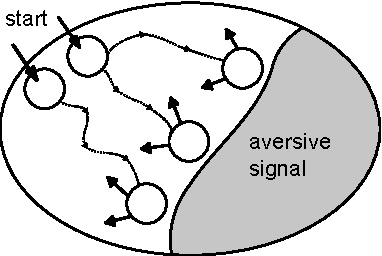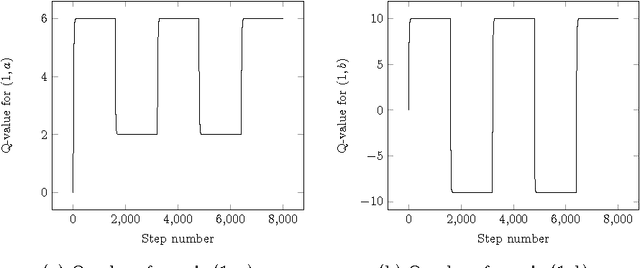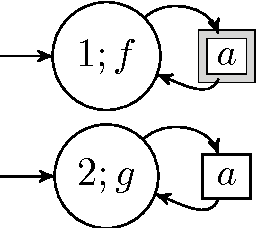On Avoidance Learning with Partial Observability
Paper and Code
May 16, 2016



We study a framework where agents have to avoid aversive signals. The agents are given only partial information, in the form of features that are projections of task states. Additionally, the agents have to cope with non-determinism, defined as unpredictability on the way that actions are executed. The goal of each agent is to define its behavior based on feature-action pairs that reliably avoid aversive signals. We study a learning algorithm, called A-learning, that exhibits fixpoint convergence, where the belief of the allowed feature-action pairs eventually becomes fixed. A-learning is parameter-free and easy to implement.
 Add to Chrome
Add to Chrome Add to Firefox
Add to Firefox Add to Edge
Add to Edge